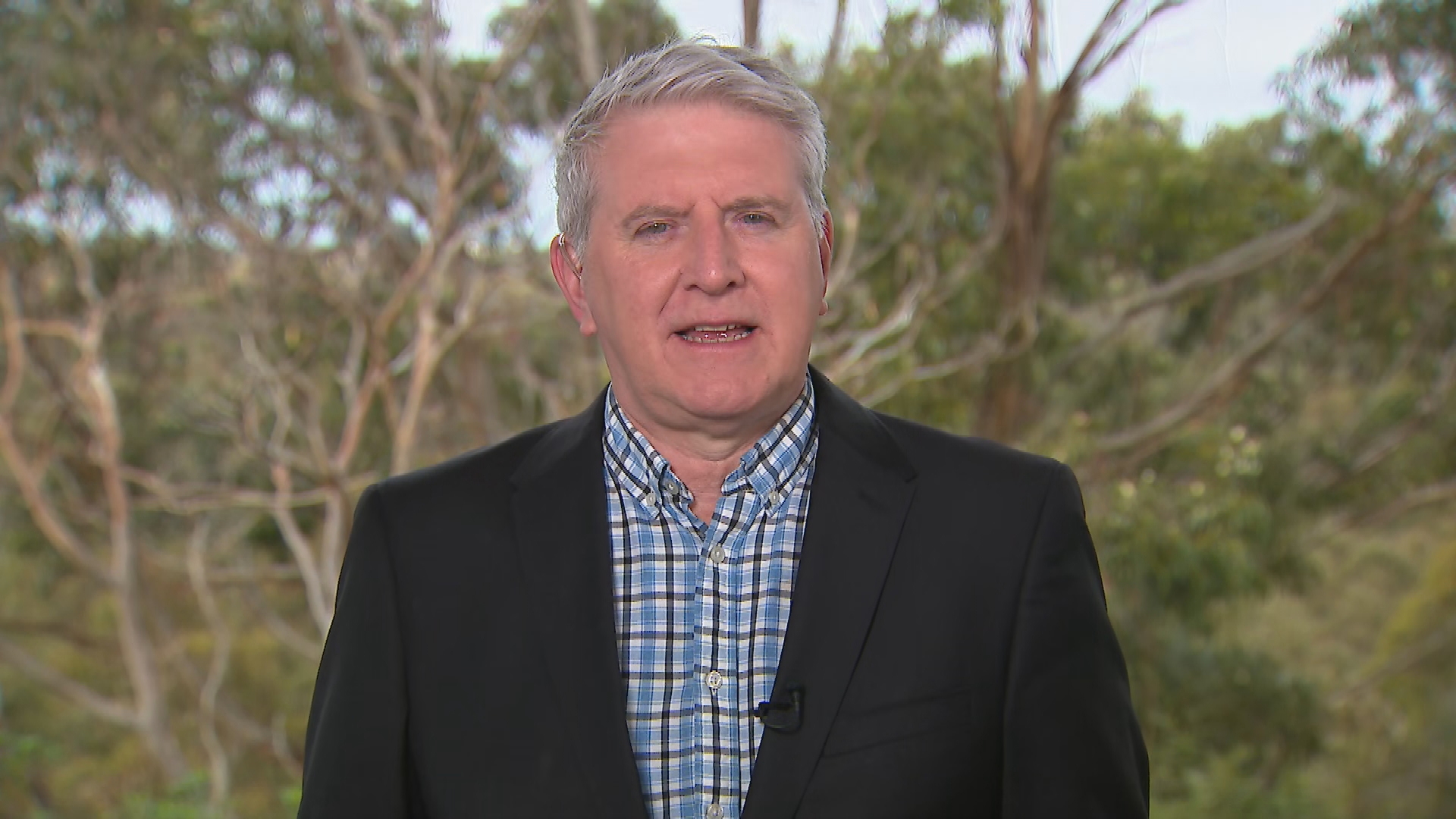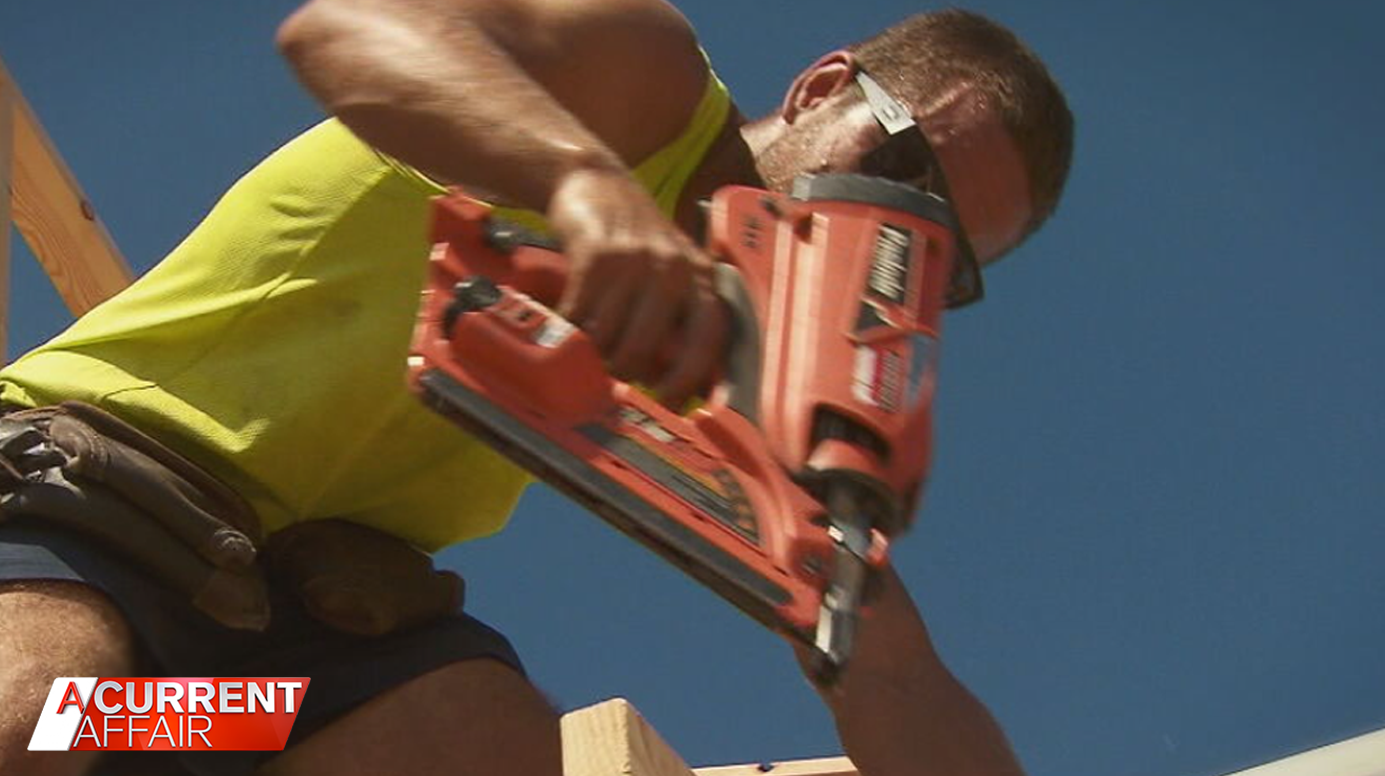Worker shortages "across the economy" could open up new opportunities for Australians young and old, with the government urging people to consider vocational education to fill crucial skills gaps.
Skills and Training Minister Brendan O'Connor said the demand for workers had probably increased due to the pandemic.
"Wherever you look, professions and trades, every sector has some areas of demand," he told Weekend Today.
READ MORE: Three injured in Thredbo ski lift fall after 'freak' accident

But the most in-demand workers were for the trades and the care economy.
"The great thing about taking a vocational and training pathway to the labour market is there are so many opportunities for young people to acquire skills that are in need now and that will be needed in the future," he said.
"Half the jobs that are in demand require vocational education and training."
O'Connor said the government had more to do in opening up training and upskilling the country.
WORLD CUP: Matildas heartbreak lives on in bronze-medal match
"I'm negotiating now with the states and territories to add a further 300,000 fee-free TAFE and VET places," he said.
"There are so many areas that need a supply of skills, whether it's the energy sector that's going through a transformation, our care economy, disability care, aged care, the health sector generally and many other places.
"What people don't fully understand is there are still real shortages in the traditional trades. Motor mechanics, sparkies, plumbers, boiler makers.
READ MORE: 'Catastrophic' storm bearing down on US

"Our message is university is a great pathway to the labour market, but so too is the VET pathway."
While the government is also working on skilled migration pathways to increase the worker pool, O'Connor said his focus was on training young and mature-age workers.
"If we ensure that we've got a skilled and knowledgeable labour market, work force, then we will ensure that our economy will continue to grow, and that's really important for everybody, because that means that our capacity as a country to look after ourselves is much greater," he said.
